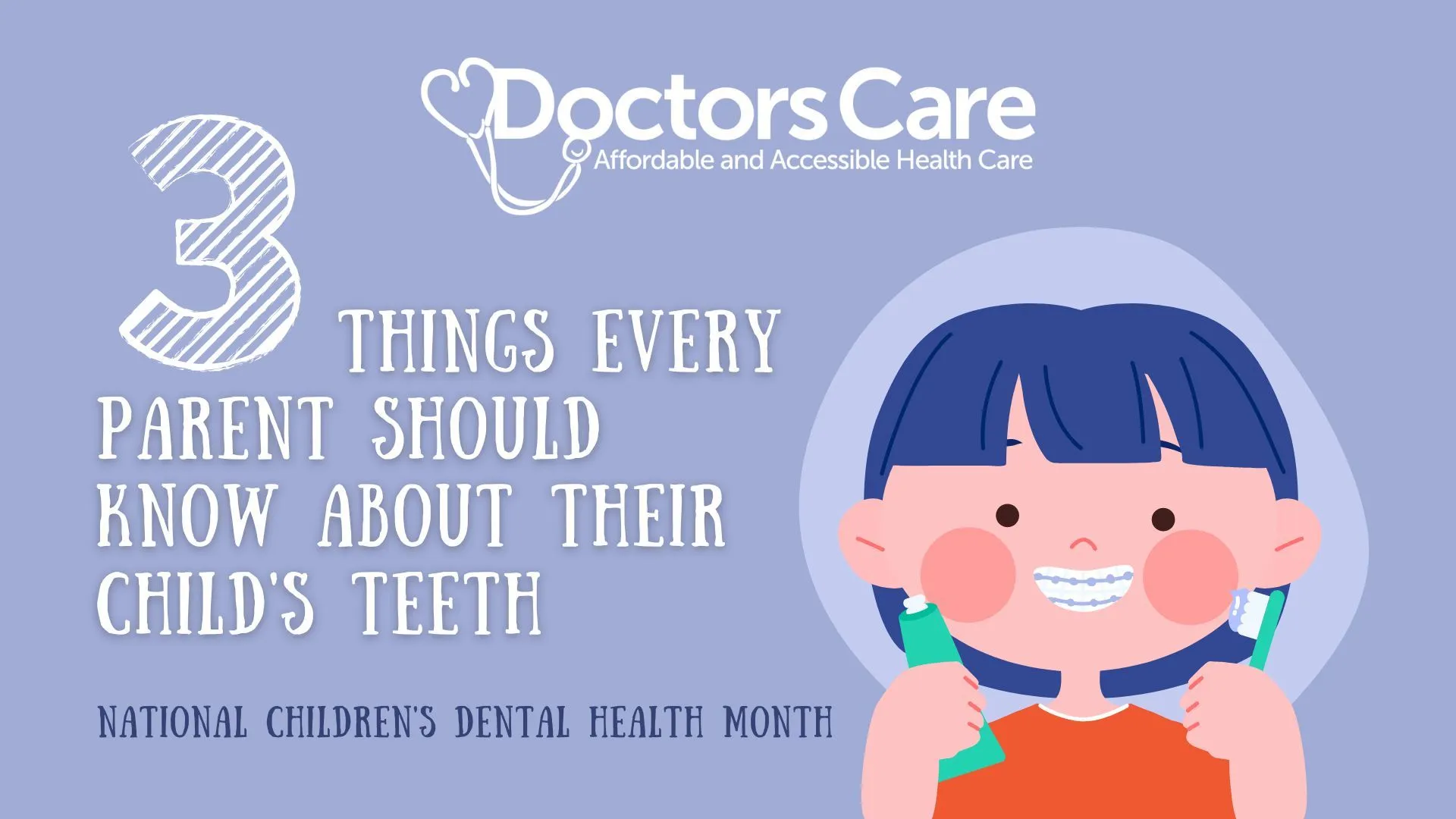According to the CDC, at least 1 in 7 children have experienced child abuse or neglect in the past year. We know that child abuse and neglect have harmful impacts on an individual’s lifelong health and wellbeing, which negatively effects our communities as a whole. When children are exposed to violence and abuse, the risks of future violence, criminal behavior, substance misuse, chronic health issues, lower educational attainment, and limited employment opportunities all increase. Parenting and caregiving can be hard work, but there are tools and practices parents and caregivers can use to discipline effectively, creating positive childhood experiences. Need a little direction? Check out these ten tips for positive disciplining.
10 TIPS FOR POSITIVE DISCIPLINE
1. First, decide which behaviors require discipline and which are behaviors you can be more flexible about.
2. Show children respect. Focus on the behavior, not the child.
3. Be firm, fair, and consistent. Discipline with love.
4. Never use physical punishment. Many studies have shown that physical punishment — including spanking, hitting, and other means of causing pain — can lead to increased aggression, antisocial behavior, physical injury, and mental health problems for children.
5. Match the consequence with the behavior. For example, if a child paints on the wall, the child should clean the wall as a consequence.
6. Respond as soon as possible to misbehavior so the child understands that their actions have consequences.
7. Never discipline a child if you are unable to control your own emotions. Wait, cool down, and thoughtfully respond when you are calm.
8. Time outs can help children think about their actions. When using time outs, put the child in a space that isn’t typically fun for them.
9. Praise and reward the positive behavior you want to reinforce in the child.
10. Remember that no one is perfect, especially children who are only beginning to understand and behave in the world around them.
Child abuse and neglect are preventable. Everyone benefits when children have safe, stable, nurturing relationships and environments. If you are on Medicaid or uninsured, and you are experiencing stress due to COVID-19 or struggling with a child’s behavior, please call 303-730-1313 to set up a 15-minute consultation with Doctors Care’s Behavioral Health Specialist.




